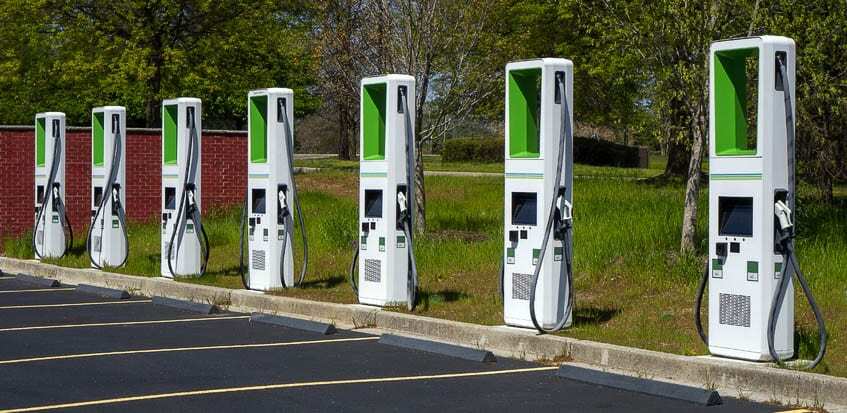House Bill 1287 calls for a ban on new gas cars and trucks being sold in Washington from 2030 onwards and would apply to privately owned trucks and cars in the state
This opinion piece was produced and first published by the Washington Policy Center. It is published here with the permission of and full attribution to the Washington Policy Center.

House Bill 1287 has already passed the legislature and is likely to be signed into law in the next few weeks. The bill calls for a ban on new gas cars and trucks being sold in Washington from 2030 onwards and would apply to privately owned trucks and cars in the state. The ban is contingent on a pay-per-mile tax being implemented, by the state, prior to 2030.
As the Washington Policy Center has previously reported, the Road Usage Charge (RUC) pay-per-mile program is currently part of the Senate Transportation Budget proposal which, if implemented, could trigger the gas-powered car ban.
The private market is driving the ‘‘charge’’ to electric vehicle use. Entrepreneurs, such as Elon Musk with Telsa, have created a competitive product which many of the large car manufacturers have responded to by creating their own competing products. This doesn’t mean, however, that the electric car market is ready for mass adoption or that gas-powered options should not be available to the Washington consumer.

The advantage of the free market driving change, rather than the government, is the products that are developed will be cheaper and better than those products produced through a government mandated solution. When governments get involved attempting to change markets, bad things happen as did with the infamous DeLorean car company.
The free market will continue to expand electric infrastructure, vehicle range and features. For the state to force a transition to an alternate product is wrong and will have unintended consequences.
For car and truck owners who keep their vehicles a long time, the arbitrary 2030 deadline will make gasoline more difficult to find (gas stations will become less common) making a perfectly functionable car or truck, obsolete. For consumers unwilling or unable to by a new electric car, used electric cars would not be readily available as they only represent less than 3 percent of the cars sold today. It will take another decade or so after 2030 before the used market in electric cars will have matured enough.
There is no reason for the government to create prohibition of gas-powered vehicles.
Many of the car manufacturers have committed to an electric future. The state should allow the market to develop naturally.
Mark Harmsworth is the director of the small business center at the Washington Policy Center, https://www.washingtonpolicy.org/




